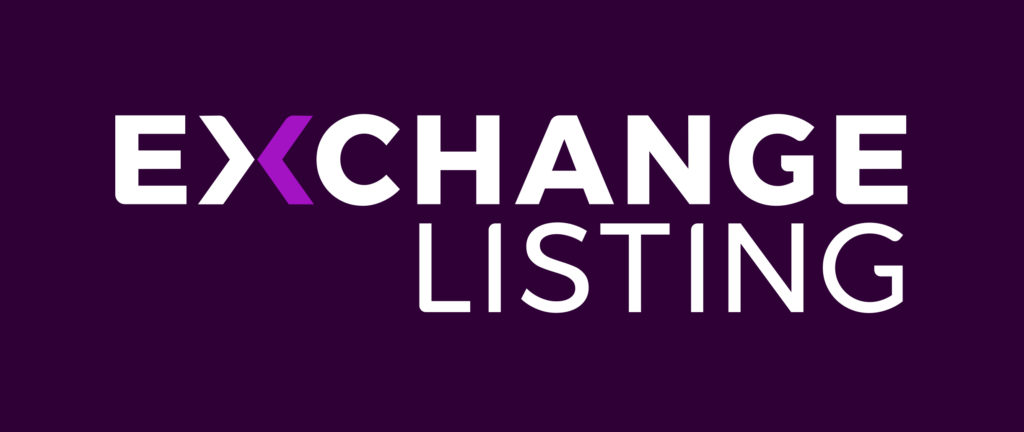
Suitable corporate governance can reportedly be one of the most difficult challenges companies face when preparing for a micro-cap initial public offering (IPO).
It can be a critical part of the IPO journey and imperative to operate as a compliant and sustainable public corporation. Governance requires processes, systems and controls to ensure the effective and efficient use of resources for an organization to achieve its goals and objectives.
Some may notice that countless startups and entrepreneurial companies have operated and succeeded with limited governance. This is especially prevalent in a founder-led company. The new requirements and transition to public company governance can be overwhelming for the management team, and implementing new procedures is time-consuming when reviews and approvals are required by outside parties, which can limit or slow entrepreneurial actions and cultures.
Is it possible to get the corporate governance up to speed well before becoming a public company? It is! Setting up public company governance and a board of directors should ideally begin about one year before the IPO date. Start by filling the two most important roles — the audit and compensation committee chairs — because they are required to operate as a public company.
Each committee of the board has several procedures and processes to put in place, and it’s best to have them processes in place with enough time to allow the committees to get settled in their roles and begin holding regular meetings as soon as possible.
The Corporate Governance Mindset
If done properly, good governance can help improve the effectiveness, efficiency and value of the company. However, implementing governance requires systems, controls and a proper mindset. Overseeing governance and corporate culture is time consuming, and adapting to the mindset of being a well-governed public company requires a commitment from leadership.
This shift in mindset often includes incorporating systems for third parties to assess and review your company and to affirm that corporate governance certification practices are in place before the IPO date.
Good governance also requires several tangible processes to be adopted by the CEO for the improved transparency that good governance provides.
These processes include:
- Accounting and compliant financial reporting
- Information technology systems and processes
- Board operations and decision making
- Timely disclosure of material information in compliance with Securities Exchange Commission (SEC) and exchange rules
Board Governance And Selection
Selecting the best board members can be crucial to the success of the company. They may need specific skills and background to add serious value to the company. Large-cap expertise often doesn’t exactly translate to the microcap ecosystem, so looking for those who are best suited to your company is often reccomended. As a company approaches an IPO it may also be beneficial to recruit one or more directors with public company experience.
Engaged and value-added board members are what every shareholder, officer and director should welcome. They also need the proper cultural fit and values to set the tone at the top of the company that, in turn, helps ensure proper governance throughout.
Board actions should include establishing ethical and operating standards and encouraging a commitment from the rest of the board members and the executive leadership. For board members, these standards are the baseline for being recruited to and remaining on the board and being affiliated with the company.
Even CEOs who are highly attuned to corporate culture can have a limited understanding and experience of board governance. Among the attributes of proper board behavior should be independence and requisite experience and skills that will help the company determine both eligibilities for the board and to which committee each new director should be assigned.
Boards can be a competitive advantage for the CEO and an asset for shareholders if they are properly implemented with the right people seated at the table.
Accounting And Financial Reporting
Good financial accounting and reporting processes are the foundation of proper governance. This includes metrics and reports for compliance as well as managing company performance.
The process of implementing accounting, financial reporting and governance should not be an afterthought. It argubaly should be part of the foundation of your company — well before the IPO. This foundation starts with documenting each process in accounting, how account reconciliations occur and who reviews them.
Putting these processes in place early in a rapidly growing company can prevent things from getting off track, which can often occur very fast. The best approach to your IPO corporate governance is to set up the accounting and financial reporting from the beginning as if your company is already public.
The sooner you get these processes in place, the more time everyone has to adapt to the change. Every company, private and public, must make annual filings. Filings are required on a quarterly and annually for public companies.
The SEC sets prescribed deadlines, and adapting to filing on a specific timeline can end up being a big learning curve and challenge for micro-cap companies. This is where good governance applies, and with the right people, processes and alignment among the team, these filings can be better organized to be completed on time.
Having the right people to get accurate numbers promptly is the driver of the accounting and governance systems you must set up internally. Finding the right outside legal and audit support for compliance requirements and ensuring proper review will be a driving force of your company as a public entity.
Implementing strong corporate governance practices can be incremental, and it usually starts with the leadership team. The new board and each committee should create and regularly review the relevant charters or terms of reference (TOR) and the board’s policies. Carefully considered board governance is often a key piece of corporate oversight in the Micro-Cap sector. It is frequently an underappreciated part of the IPO process but if done thoughtfully can provide critical value to becoming a sustainable public company.
Image sourced from Shutterstock
This post contains sponsored advertising content. This content is for informational purposes only and is not intended to be investing advice.

